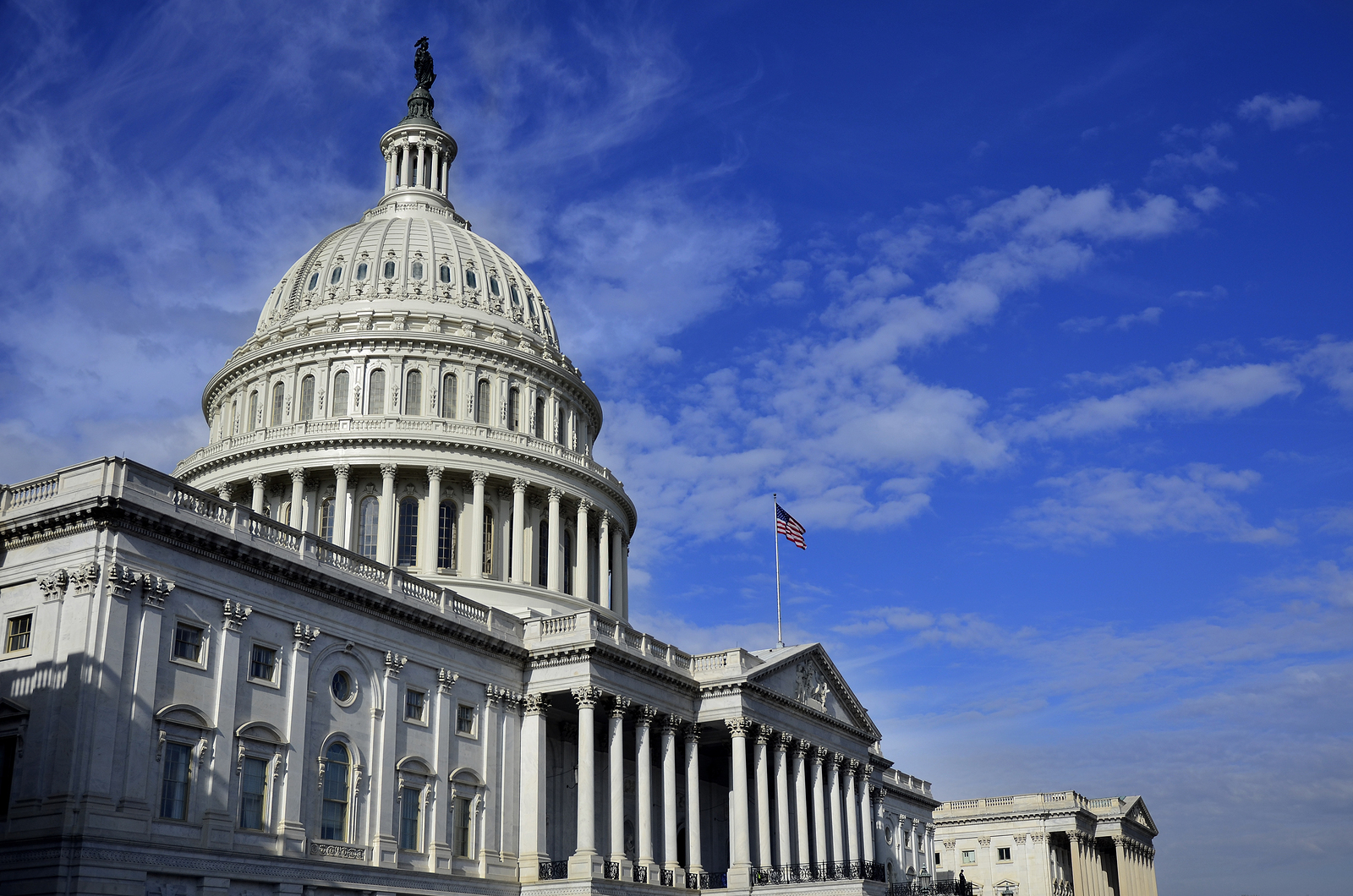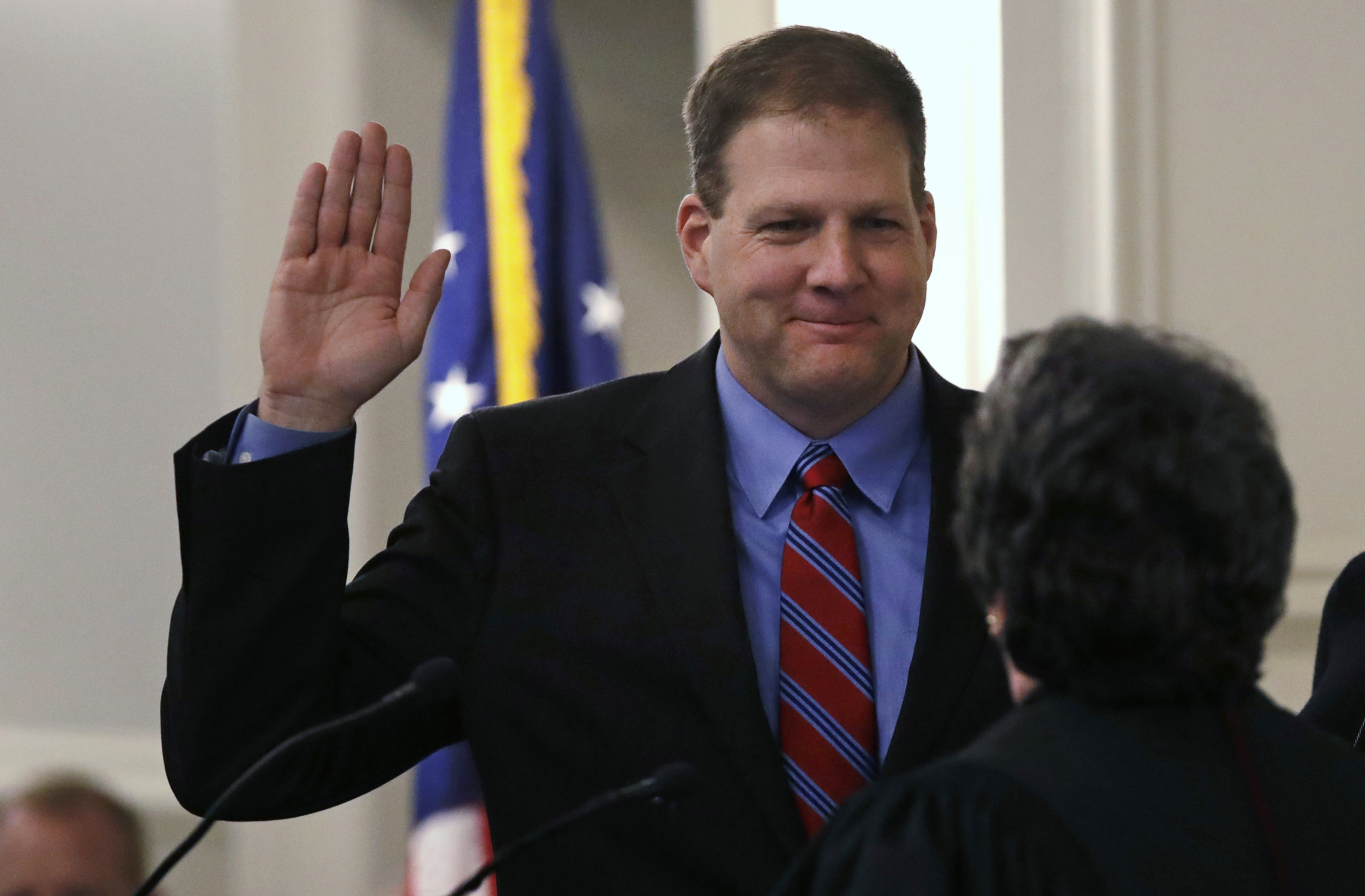Let’s Make the CFPB a Friend of the American Taxpayer

It seems every day a new bureau or department is being created in Washington to address some obscure issue or problem facing Americans. For bureaucrats, it doesn’t matter if other regulatory bodies were already tasked, with the same oversight because the attitude is “forget the money it costs to start and fund such an agency — let’s expand the bureaucracy every chance we get.”
And, that’s exactly what happened in 2011 when Elizabeth Warren and her like-minded friends created the “independent” Consumer Financial Protection Bureau (CFPB) to “protect” consumers from another financial crisis. Instead of going after the big banks on Wall Street who had created the recession of 2008, the CFPB targeted Main Street, hurting businesses and significantly limiting consumer choice of financial products. With consumer protection far from their priority, the CFPB pursued a partisan agenda from start to finish under former director Richard Cordray.
Between a $43 million contract with a liberal advertising agency, a new luxury headquarters that’s renovation totaled around $216 million ($161 million over the initial budget slated for renovation) and other unnecessary expenses, the CFPB did little to protect consumers. Instead, it pursued a partisan agenda and sent the bill to the American taxpayer, all while enjoying $90,000 bike racks and a two-story waterfall with a sunken garden.
Even worse than the blatant waste of taxpayer funds, the bureau pursued illogical rules that lacked any reasonable accounting of costs and benefits. Case in point: the arbitration rule. Finalized in the summer of 2017, the regulation banned banks and other large financial institutions from making customers sign mandatory arbitration agreements with class-action waivers.
Despite claims that the rule was a necessary safeguard against corporate excess, firms undergoing arbitration typically save 60 percent to 70 percent in legal fees and discovery costs compared to going through (backlogged) state and federal courts. Wronged customers and employees needn’t keep lawyers on retainer in arbitration cases, since disputes are resolved far more quickly. Despite Cordray and Co. not seeing the light, the Trump administration stepped up and killed the rule in November 2017.
In the end, Cordray showed his true colors and left the CFPB to run for governor of Ohio, a pursuit that has left Trump the opportunity to replace CFPB leadership and get the bureau back on track. Acting Director Mick Mulvaney has done an excellent job of cutting spending and stopping the CFPB’s partisan agenda, but now it’s time for a long-term solution.
Kathy Kraninger is the perfect person to lead the agency. Kraninger is a dedicated public servant who knows how to manage a budget and put the taxpayer first. For more than two decades, she has served in important positions in the departments of Transportation and Homeland Security as well as the House and Senate Appropriations Committees.
In her current role at the Office of Management and Budget, Kraninger oversees the budget and policy management of seven Cabinet departments and more than two dozen federal agencies and bureaus — including every federal office that’s responsible for consumer finance. All totaled, she oversees more than $250 billion in federal tax dollars and she knows the importance of spending those dollars responsibly and effectively.
Kraninger is just the leader the CFPB needs to get the agency back on track for good. Kraninger will clean up the mess left behind by her predecessor and get back to the business of protecting consumers while also ensuring that American businesses are protected. The Senate should work to confirm this friend of the American taxpayer as soon as possible.




